Those little fights and arguments taking the expressions of resentment and annoyance? If so then you need to repair little things so they don’t become big things.
All couples argue. Happy couples argue well. They have strategies for dealing with their inevitable disagreements, and they process their feelings so they don’t bottle up.
We know from Dr. Gottman’s research that both partners in a relationship are emotionally available only 9% of the time. This leaves 91% of our relationship ripe for miscommunication.
The difference between happy couples and unhappy couples is not that happy couples don’t make mistakes. We all hurt our partner’s feelings. The difference is that happy couples repair, and they do so early and often.
As Certified Gottman Therapist Zach Brittle explains, “Unresolved conflict often lingers like a stone in your shoe. The pain of being wounded, whether by benign misunderstanding or intentional antagonism, will fester and grow unless and until the wound is effectively treated.”
No matter what your role in the argument, you must be able to hear and appreciate your partner’s point of view. There is an exercise in the Gottman Method called the Aftermath of a Fight to help couples do this.
Learning to repair
Let’s look at how Mark and Julie (names changed for anonymity) have learned to repair their minor emotional injuries, and how that’s helped them to remain allies instead of adversaries.
They had a little disagreement that turned into a big fight. It began innocently enough as they were leaving on a weekend getaway to their cabin. As Mark was waiting in the car for his wife, spacing out on his device, he posted something to Facebook.
But Julie was inside the house, waiting for Mark’s help with the luggage. She saw the post, got upset, and called his cellphone. Rather than responding to Julie’s distress, he reacted by getting defensive. Neither said a word the entire drive up.
As they recounted the incident in my office, Mark explained that Julie never asked for his help. She responded by saying that she shouldn’t have to ask. It turned into a back-and-forth debate as each person argued for their own subjective reality.
Neither partner seemed to realize that “winning” at the other’s expense is a net loss for the relationship. I asked them, “You each want something from each other, but neither of you is willing to do something for each other. How can that ever work?”
Read How to Make Repair Attempts So Your Partner Feels Loved
Down the middle
In PACT (A Psychobiological Approach to Couple Therapy) we call this statement “going down the middle.” Said to both partners, it levels the playing field and shifts the argument away from who is right and who is wrong to what needs aren’t being met.
A subconscious, survival system in our brain is constantly evaluating how secure we feel with our partner. Unspoken questions like “Do I matter to you?” and “Do you accept me as I am?” are always being asked, whether we realize it or not.
If it feels like the answer is “no” to any of these questions, our survival system sets off an alarm. This alarm resides in our mid-brain or the amygdala. When it “rings” it quickly pulls us into instinctual states of the fight, flight, or freeze. This occurs without our conscious permission, control, or even awareness.
In these primitive survival states, our brain’s frontal cortex – home of important relational circuitry that enables us to be attuned, empathetic, understanding, and collaborative – is taken offline. In a flash, we lose vital brain functionality needed for emotional repair.
Instead of being able to engage in loving behaviors and responses, we are left with our “shoot first, ask questions later” primitive brain calling the shots. In this way, in less than 60 seconds, Mark and Julie fell into their reactive behavioral pattern of attack/defend.
I explained this by using Dan Siegel’s hand model of the brain.
When I asked Julie to tell Mark what alarm might be ringing for her, she explained that “I got upset when I saw your Facebook post because, deep down, I felt like I wasn’t important to you. I really need to feel like I matter.”
A bid for repair is initiated by revealing vulnerable feelings like this, but its success depends on the response. In this scenario, Mark has the ability to turn off Julie’s insecure alarm. He can make her feel secure by reassuring her.
Mark looked confused, so I suggested, “Move closer and take her hands. Look into her eyes. Say a simple phrase to soothe her. Speak slowly. Then wait. Watch her face for changes. Repeat it. Wait. Watch. Repeat.”
Taking Julie’s hands, Mark said, “You matter to me more than anything.” Quickly turning to me, she said, “He’s only saying that because you told him to.” I replied, “Maybe. Ask him to repeat it. Watch his face closely. Gauge what you really see in his eyes. Evaluate if he looks sincere.”
She asked him to say it again. He did, sounding more genuine. Her eyes slightly softened. He repeated the phrase again. Her cheeks relaxed, her eyes moistened. She leaned forward and kissed him.
I’ve seen many attempts to process a regrettable incident fail because excuses and explanations get in the way. “I didn’t mean to” won’t make your partner feel better. Empathy and understanding will.
Often there is a particular reassuring phrase that will re-open your partner’s heart. It’s like fitting the right key into a lock. A phrase like, “You are the most important person in my life,” or, “I love you just the way you are.” It’s a simple way to soothe the insecurity triggered in your partner’s brain. Adding anything more, like an explanation, will dilute (if not delete) the power of your key reassurance.
Processing an emotional injury is a two-way process, as partners usually trigger each other. So next it was Julie’s turn to repair the impact of her criticism.
This had to start with Mark’s own courage to discover what made him insecure with her, a fear deep inside that She was unhappy with him, that he failed her.
As he vulnerably admitted this, Julie began to understand the insecurity at the root of his defensiveness. In repairing their upset, her key reassuring phrase for him was, “You’re good enough just the way you are.”
Read 4 Steps To Fix A Broken Relationship And Make It Last A Lifetime
Practice makes good enough
Learning to process fights can feel awkward in the beginning, especially when you are peeling back layers from years of unresolved conflicts. Go slow and repeat key reassurances enough times to be absorbed and integrated.
You are building an emotional vocabulary, which is really like learning a new language. Stick with it. Instead of “practice makes perfect,” adopt the motto, “practice makes good enough.” You will never be perfect because you will always make mistakes.
I encouraged Mark and Julie to dedicate time each week to air their grievances. Dr. Gottman calls this the State of the Union Meeting. It took some time, but they got better at arguing. And that has made all the difference.
This article was originally published on The Gottman Relationship Blog.
Want to improve your marriage in 60 seconds or less? Over 40 years of research with thousands of couples has proven a simple fact: small things often can create big changes over time. Got a minute? Sign up here.
By John Grey, Ph.D
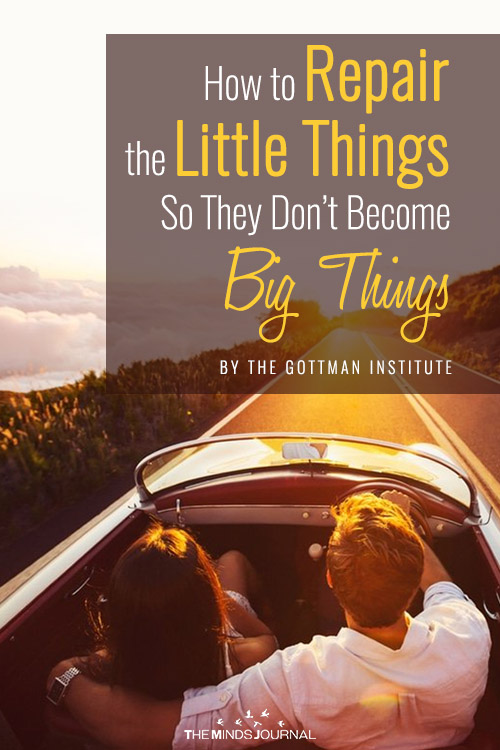

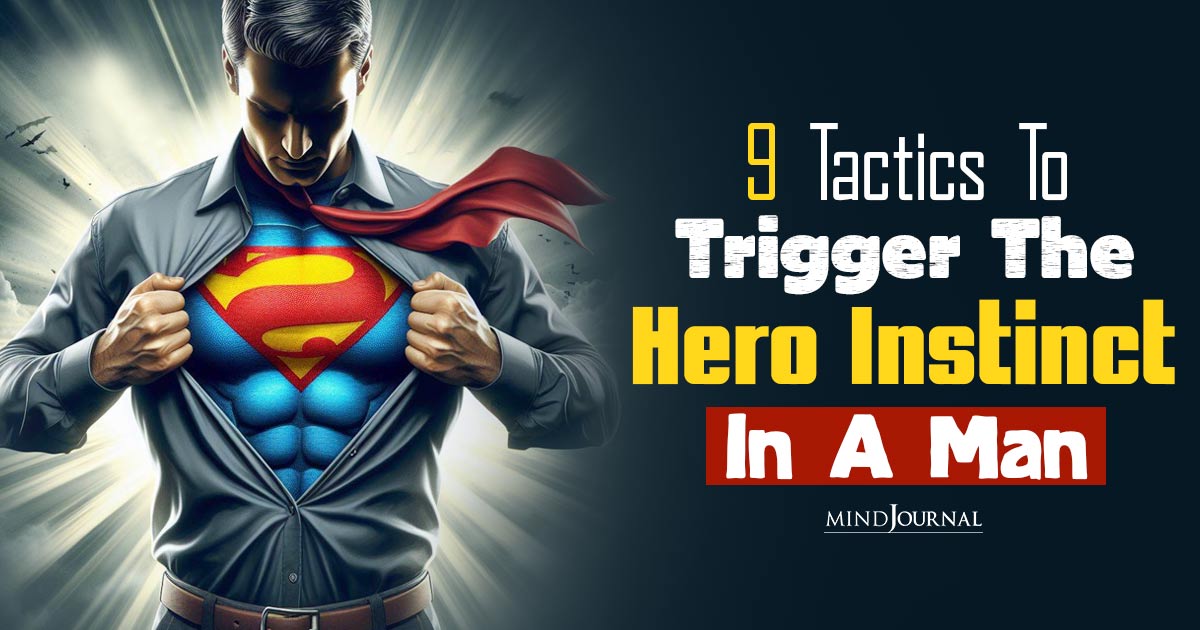


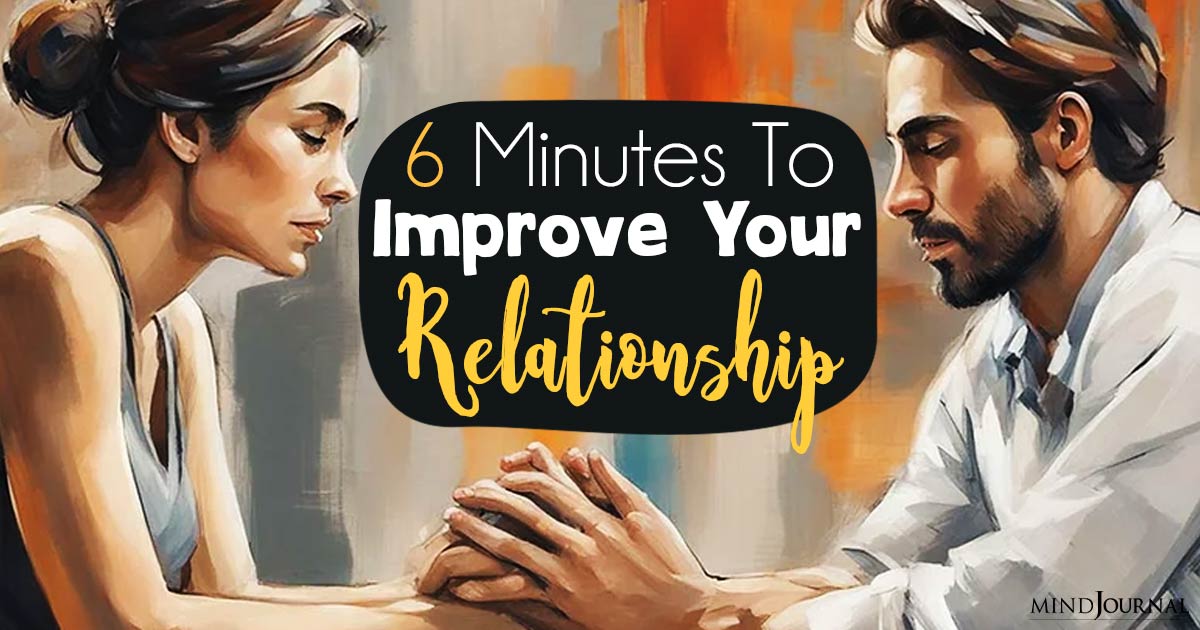
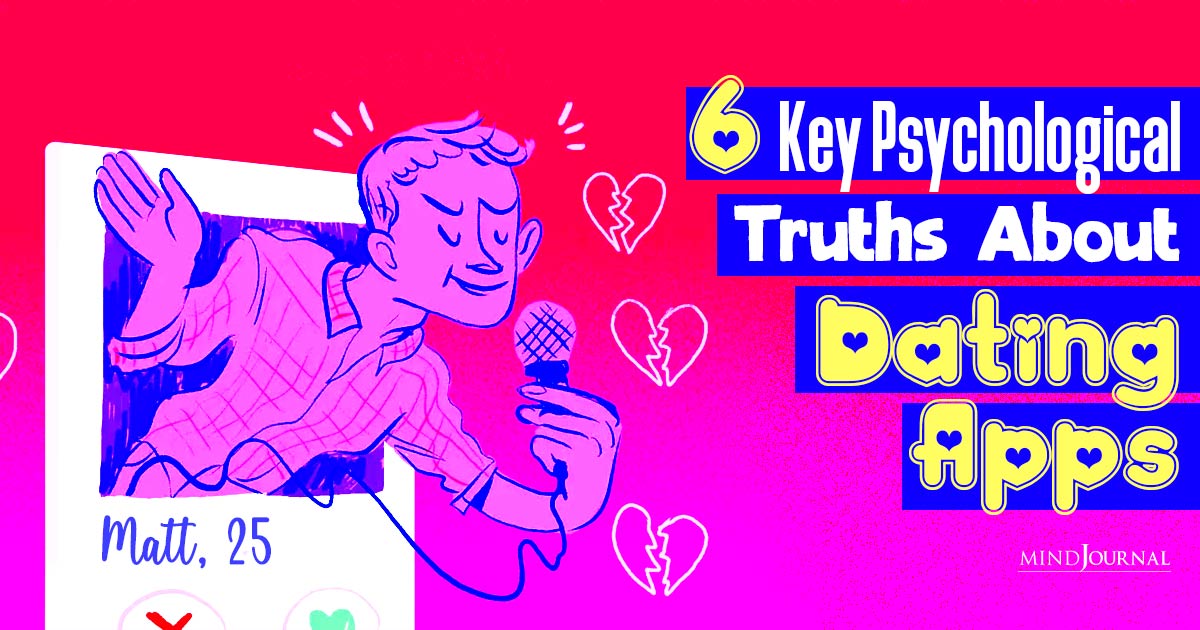
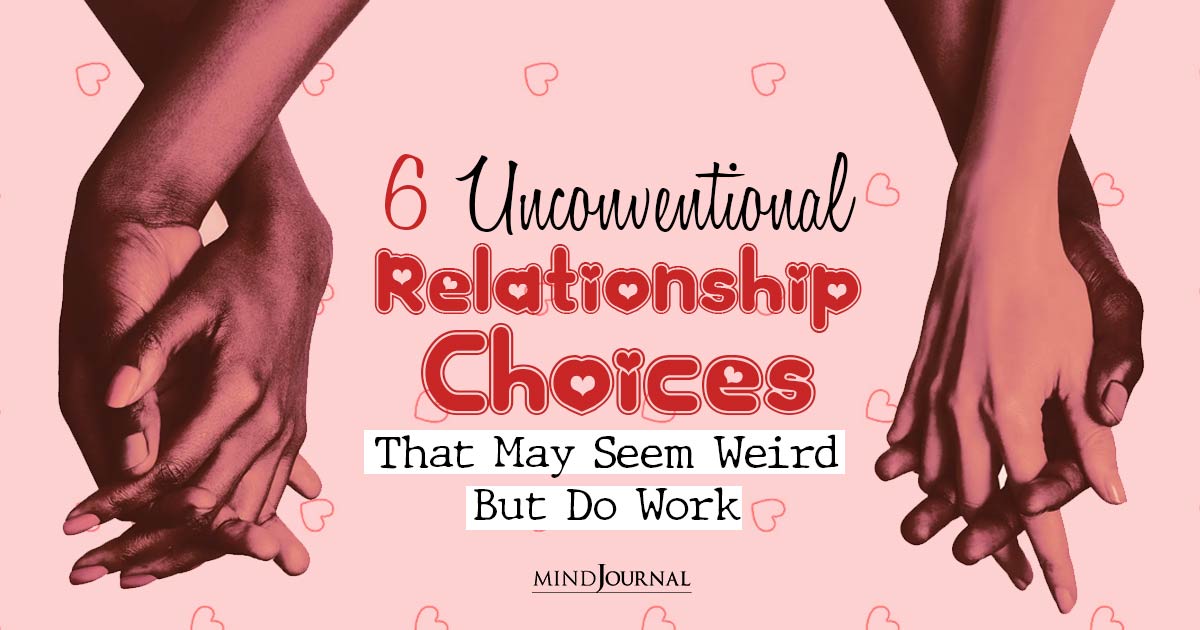
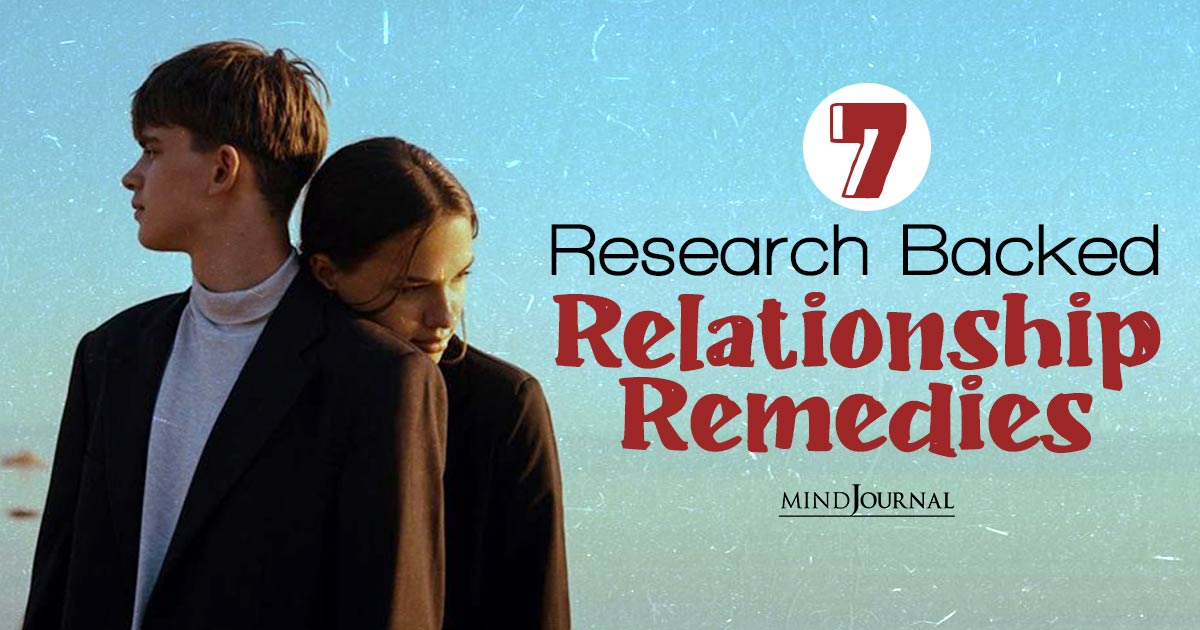
Leave a Reply
You must be logged in to post a comment.